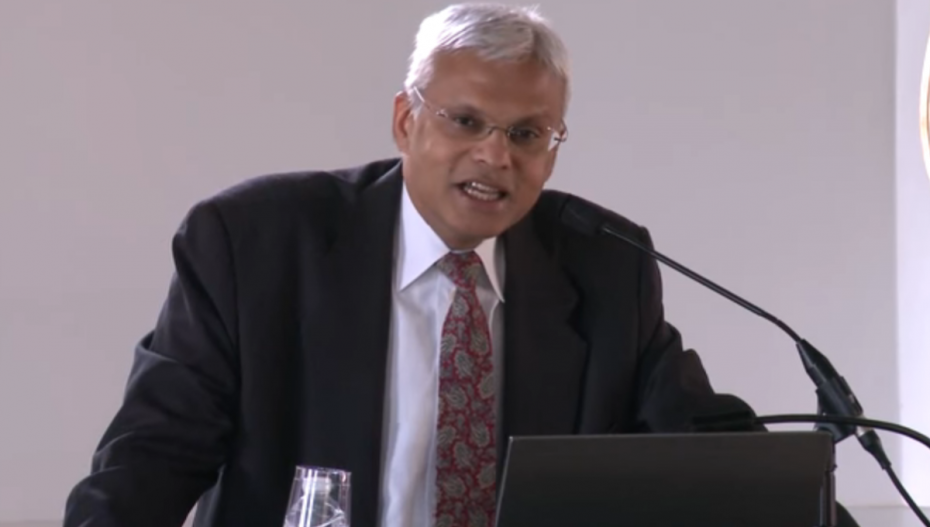Ashley J Tellis, a former US official closely involved with the civil nuclear agreement between India and the US, has insisted on the need for deeper nuclear cooperation between the two countries.
Tellis believes India must make clear its civil nuclear liability legal framework either through modification or by laying down liability limits.
The US, he feels, must reciprocate by dropping the absurd and maniacal tech controls borne out of apprehensions over India’s nuclear weapons programme.
Discussions on civil nuclear issues have restarted under the Joe Biden administration. According to media reports, the US is understood to have sought Tellis’s opinion on how to take it forward.
A background is necessary here. India and the US agreed on civil nuclear cooperation in 2005, which was finalised in 2008. Credit to the then President George W Bush’s determination to remove the structural barriers that came in the way of the strategic relationship between the two countries, even as China was emerging as a superpower.
India agreed to a separation of civil and military nuclear reactors, agreeing to international inspections for the former. In exchange, India wasn’t a signatory to the Non-proliferation Treaty (NPT). The US thus gave India access to the club of nuclear-haves. This was achieved by changing both the international legal regime and its own domestic legislation. Doors opened for cooperation in the domain of nuclear commerce.
Tellis, in some observations made in his paper, said that the Manmohan Singh government had consciously set to make international and domestic private sector participation in the nuclear industry conceivable by enacting a nuclear liability legislation in line with international standards as codified in the Convention on Supplementary Compensation for Nuclear Damage (CSC). The convention imposes burdens in the event of any nuclear accident on nuclear plant operators rather than suppliers, media reports outlined.
Tellis contended that Singh’s proposed legislation would be difficult to implement because of an unrelated Supreme Court ruling on the Bhopal Gas tragedy that occurred around the same time and reminded the Indian political class of the “ghastly tragedy.” At the time, the BJP was also adamantly against the original legislation.
Tellis said that as a result, a convoluted law was passed, acknowledging the operator of the nuclear plant’s liability in theory but granting it the ability to pursue “legal recourse against suppliers for defective products or technology”. In the context of international nuclear commerce, Tellis notes, “India’s nuclear liability law — the Civil Liability for Nuclear Damage Act (CLNDA) — thus made the country an outlier.” It also complicated foreign efforts to supply advanced nuclear reactors.
Tellis said that while India tried to find workarounds for the problem, most private businesses were not likely to “embrace the Indian nuclear market” until the problem was fixed.
Offering solutions, he said it was imperative to amend the law by “channelling all liability in case of a nuclear accident solely to the operator”, with the operator banking on an insurance pool.
He agreed this option wasn’t feasible before the next Indian general elections.
Documenting liability ceilings “into commercial contracts with nuclear suppliers” could address fears about open-ended liability.
Tellis believes an intergovernmental agreement that confirms the limited liability of foreign private companies is the least satisfying fallback solution.
Also Read: 22-Year-Old Caught Smuggling Beer at SVPI Airport Ahmedabad












